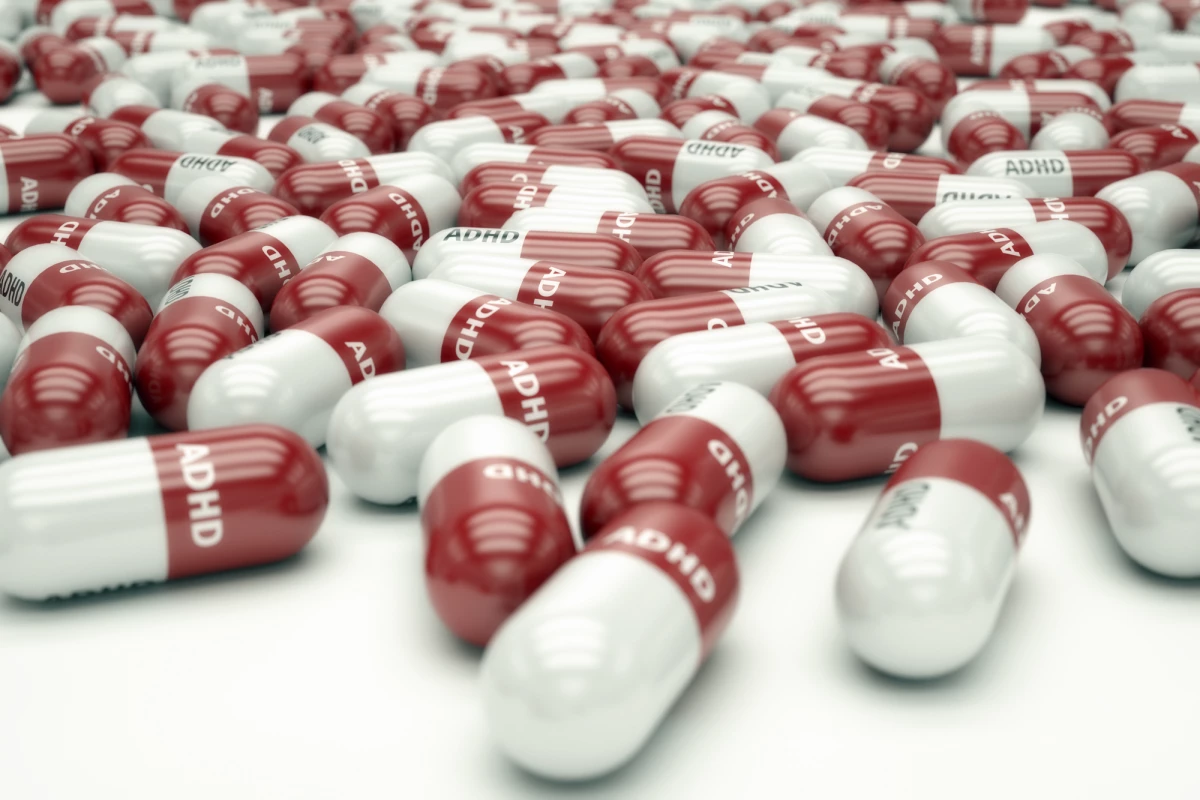ADHD medications do more than alleviate the symptoms of the condition; they boost overall mental health by improving the symptoms of coexisting psychiatric conditions like anxiety and depression, a new study has found.
I’d always considered my anxiety disorder was a standalone psychiatric entity requiring its own dedicated treatment, be that drugs, therapy or both. It was only when I was diagnosed with attention-deficit/hyperactivity disorder (ADHD), started taking medication for it, and experienced a reduction in anxiety and ADHD symptoms that I realized the two were intrinsically linked. After examining the association between specific ADHD medication use and its effect on mental health-related issues, a new study seems to have come to the same conclusion.
It’s thought that, in most cases, ADHD is caused by the interaction of genetic and environmental risk factors. Its multifactorial basis also contributes to ADHD’s diversity in terms of behavioral symptoms, including the disorder’s association, or comorbidity, with psychiatric conditions like mood disorders, anxiety disorders, substance use disorders, autism spectrum disorder (ASD) and intellectual and learning disabilities. Recommended drug treatments for ADHD fall into two categories, stimulants and nonstimulants, both of which are generally effective for ADHD symptoms.
In the current study, the researchers examined nationwide data from 221,714 people aged 16 to 65 with a diagnosis of ADHD. In total, 56.5% had some kind of psychiatric comorbidity, with anxiety or stress-related disorders (24%) and depression and/or bipolar disorder (19.5%) being the most common ones. The researchers analyzed the association between specific medications and hospitalization for any psychiatric reason, non-psychiatric hospitalizations, work disability (defined as sickness absence of more than 14 days and/or disability pension), and suicide attempts or deaths due to suicide (suicidal behavior). Non-psychiatric hospitalizations were mainly studied as a potential indicator of safety; for example, hospitalization due to the adverse effects of ADHD medications such as seizures.
During the 15-year follow-up period, methylphenidate (Ritalin, Concerta) was the most commonly used ADHD drug, used by 68.5% of participants, followed by lisdexamfetamine (Vyvanse and Elvanse), 35.2%, polytherapy with two or more medications, 27.1%, and atomoxetine (Strattera), 15.6%.
The researchers found that the use of ADHD medications, especially the stimulants lisdexamfetamine, dexamfetamine/dextroamphetamine (Dexedrine), amphetamine, and methylphenidate was associated with a decreased risk of psychiatric hospitalization, suicidal behavior, and non-psychiatric hospitalizations. Lisdexamfetamine, particularly, was consistently associated with decreased risk of psychiatric hospitalization and suicidal behavior. The non-stimulant atomoxetine was associated only with a decreased risk of work disability, especially among adolescents and young adults.
“Although concerns have been raised about the potential of amphetamines and methylphenidate for increasing the risk of adverse psychiatric outcomes, such as psychosis and mania, our results show that overall the net effect on psychiatric outcomes is positive,” said the researchers. “This is in line with several previous studies showing decreased risk of suicidal behavior and development of substance use disorder, as well as lower rates of occurrence and reoccurrence of depression during ADHD drug use.”
While a strength of the study was its use of nationwide data from a large, representative cohort, the researchers note that that also could be a limitation. The nature of the data sources used lacked clinical data, including the type and severity of symptoms and coexisting symptoms related to comorbid psychiatric conditions. They also lacked data on non-pharmaceutical treatments such as psychoeducation and psychotherapy, and whether patients had access to these treatments. Further, the study results are generalizable to healthcare systems resembling that of Sweden, which provide equal access to services for all residents, and study participants may not represent the full spectrum of global population diversity.
Nonetheless, the study’s findings are instructive.
“Considering the high prevalence of psychiatric comorbidity in persons with ADHD,” the researchers said, “these results suggest that ADHD medication use can reduce morbidity in adolescents and adults with ADHD.”
The study was published in the journal JAMA Network Open.





